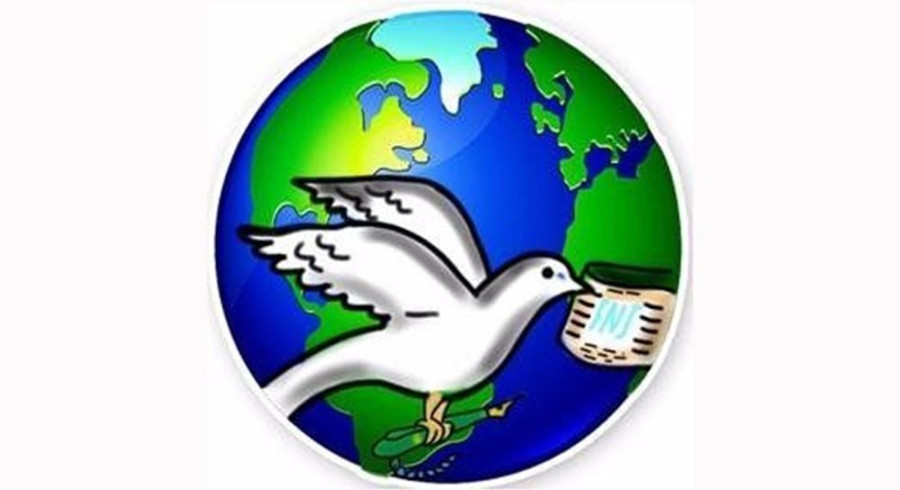National
FNJ, other groups object to government’s decision to ban social media platforms
The journalists’ umbrella body and other 22 groups warn that the ban violates rights guaranteed by the constitution.
Post Report
The Federation of Nepali Journalists (FNJ) and other 22 civil organisations working in the field of freedom of expression and right to information have expressed strong objection to the government’s decision to shut down social media platforms including Facebook, Instagram citing non-registration.
In a statement issued on Thursday, FNJ, the umbrella body of Nepali journalists, said the move undermines press freedom and citizens’ right to information. Signed by FNJ General Secretary Ram Prasad Dahal, the statement noted that “banning social media without alternatives not only constrains press and freedom of expression but also affects the constitutional right of citizens to information.”
While the federation clarified it supports regulation of social media, it stressed that any control measures must not erode fundamental freedoms. “We cannot accept any form of restriction that directly impacts press freedom and freedom of expression,” the statement said.
Issuing a joint statement, other 22 civil society organisations—including Digital Freedom Coalition, Freedom Forum Nepal, Internet Society Nepal Chapter, Accountability Lab Nepal, and ChildSafeNet—also condemned the government’s move as an “arbitrary and unconstitutional” decision.
Their statement warned that the ban violates rights guaranteed by the Constitution and international democratic principles, while shrinking civic space, weakening accountability, and obstructing innovation.
The organisations further accused the government of misinterpreting a Supreme Court directive, saying the order was to regulate platforms through parliamentary law, not to impose an immediate administrative ban.
Both FNJ and the civil society coalition have demanded that the restrictions be lifted without delay, and that any regulation of social media be undertaken only through laws passed by Parliament in line with human rights standards.




 17.12°C Kathmandu
17.12°C Kathmandu













